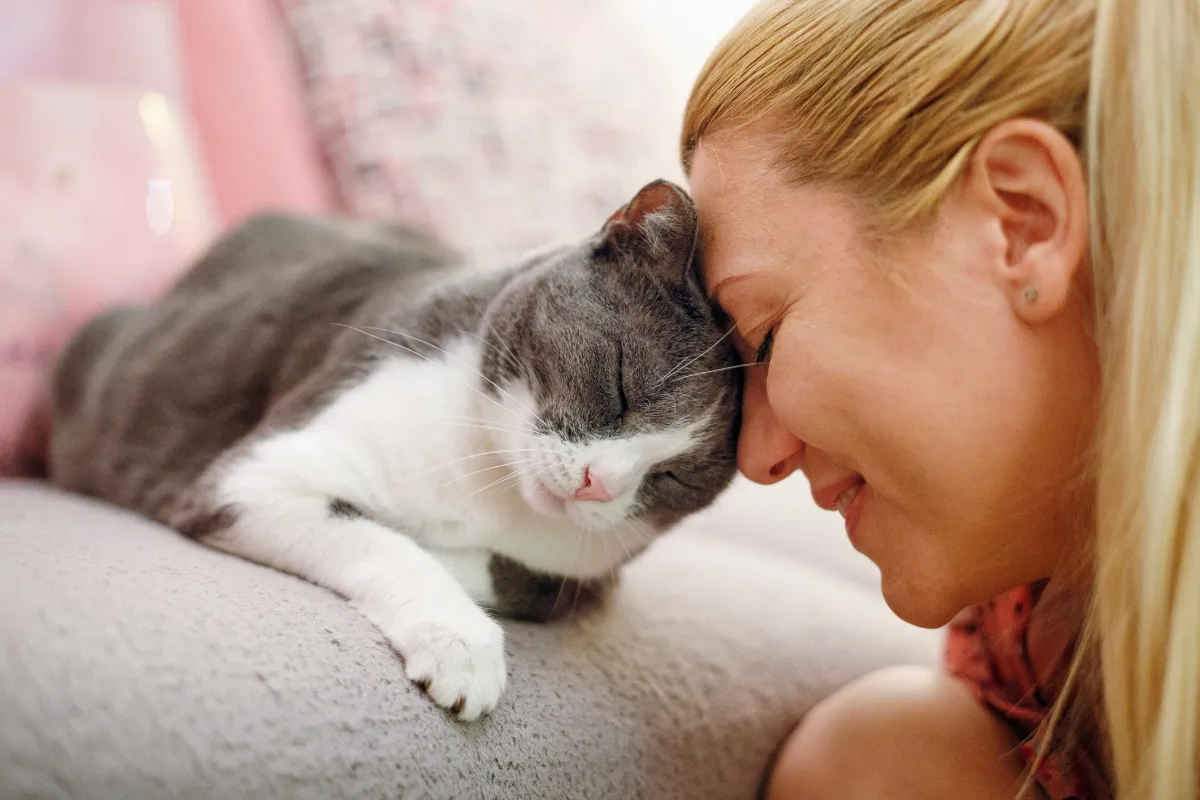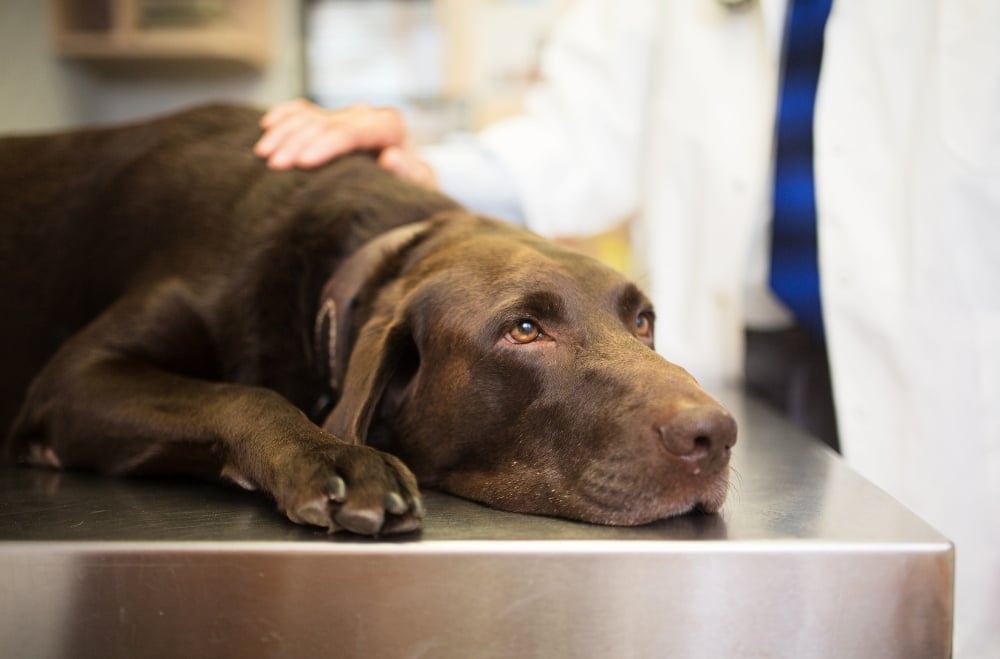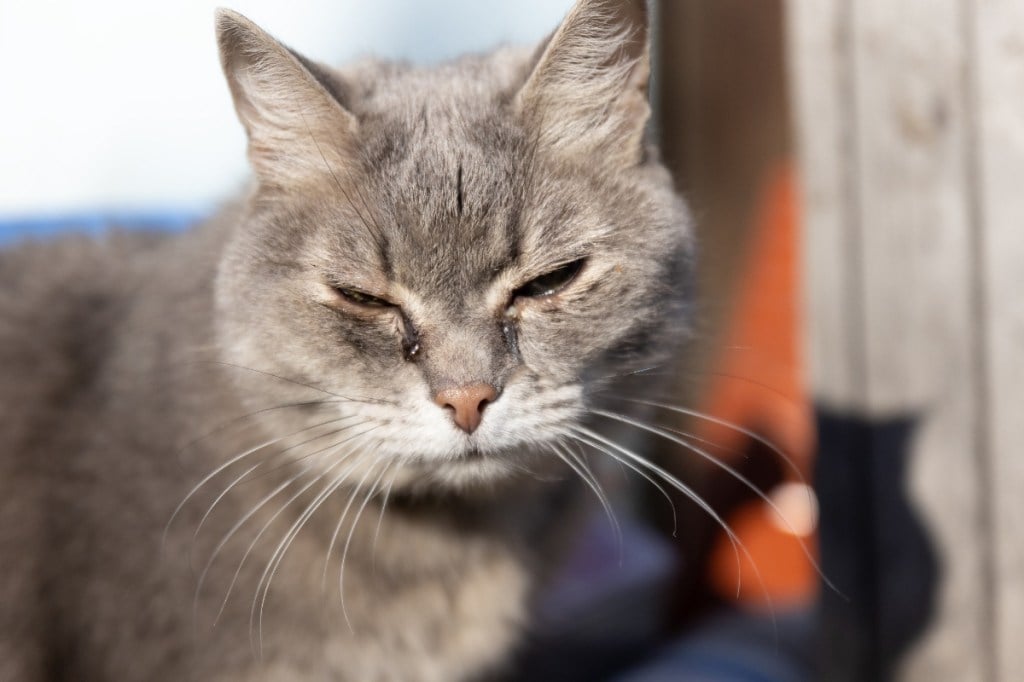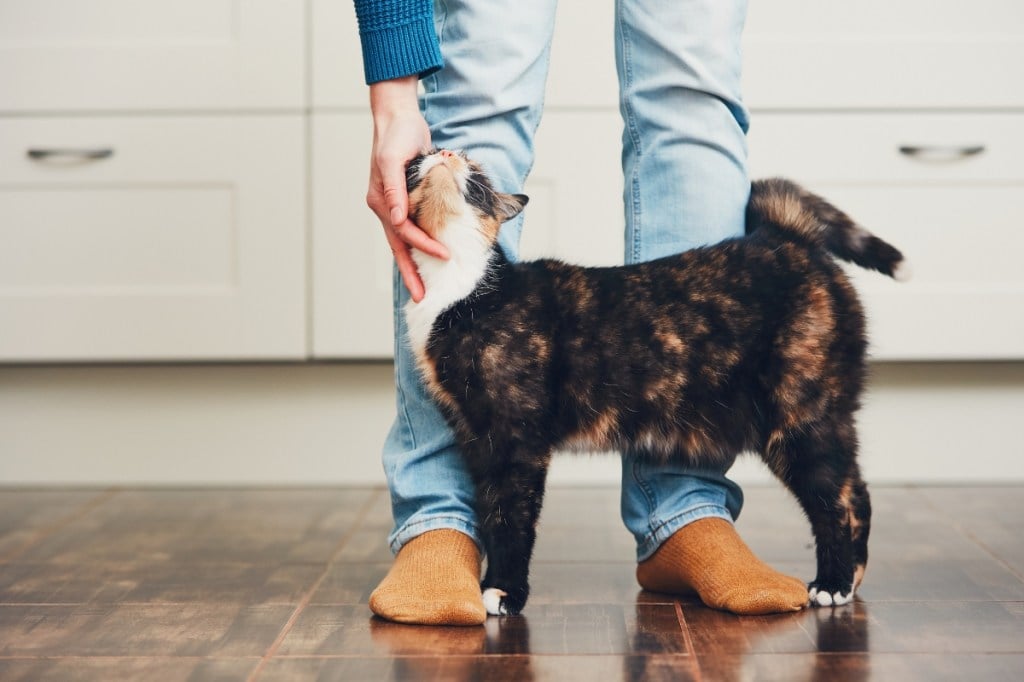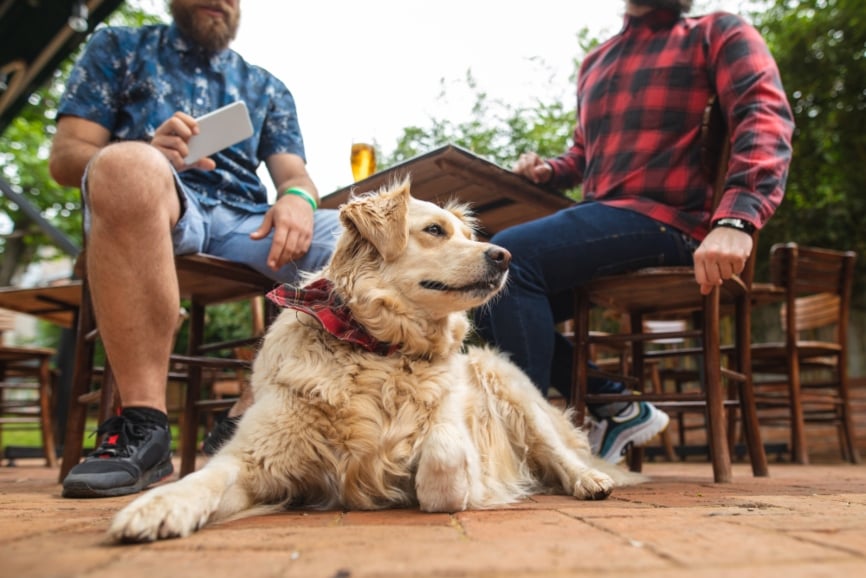Table of Contents
We love our pets and treat them like family. One of the last things we want to think about is how they can make us sick. Of course, our pets don’t mean to, but they can pass some of their diseases on to us.
Diseases transmitted from animals to people are called zoonotic diseases (or zoonoses). And there are hundreds of them. An article from the Centers for Disease Control and Prevention reports that “more than six out of every ten known infectious diseases in people can be spread from animals, and three out of every four new or emerging infectious diseases in people come from animals.”
This sounds scary, for sure. But we promise that we’re not here to scare you! Rather, we want to educate you about zoonotic diseases. In this article, we’ll delve into what causes zoonotic diseases, how they are spread, and the common zoonotic diseases in dogs and cats. We’ll also explore strategies to protect yourself, your family members, and your pets from these diseases.
What are zoonotic diseases?
Pathogens like bacteria, viruses, and fungi cause zoonotic diseases. These diseases can be transmitted from animals to humans in several ways:
- Direct contact with bodily fluids (e.g., mucus, urine, feces) from an infected animal
- Indirect contact with objects (e.g., food bowl, bedding, toys) that an infected animal touched
- Bite from a vector (an animal that carries the disease-causing pathogen): tick, mosquito, fly, flea
- Contaminated food
- Contaminated water
Zoonotic diseases can cause a range of symptoms in people, varying from mild to severe. Some symptoms will resolve on their own, but others may be so serious that medical intervention, and possibly hospitalization, is needed.
Who is at risk for zoonotic diseases?
Although zoonotic diseases can affect anyone, certain groups of people have a high risk of contracting a zoonotic disease. Generally, people with a weakened or underdeveloped immune system are most susceptible because their bodies cannot fight off disease very well.
Here is a list of who’s most at risk for becoming ill from a zoonotic disease:
- Pregnant women
- Patients with HIV/AIDS
- Adults over 65 years old
- Children under five years old
- Patients receiving chemotherapy
- Blood or organ transplant recipients
- People with genetic immune deficiencies
- Patients taking medications that suppress the immune system
Fortunately, having a weakened immune system does not mean you cannot have a pet. Instead, it means you would need to take extra precautions to protect yourself from zoonotic diseases.
Common zoonotic diseases from dogs and cats
Here is a table of common zoonotic diseases from our pets.
| Disease | Pathogen | Mode of Transmission | Common symptoms in people |
| Tapeworms | Fleas (Ctenocephalides) | Accidental flea ingestion | Weakness, diarrhea, fatigue |
| Toxocariasis | Roundworm (Toxocara canis) | Ingesting feces from infected pets | Digestive upset |
| Toxoplasmosis | Protozoan (Toxoplasma gondii) | Direct contact with cat feces; foodborne | Muscle aches, fever, headache |
| Giardiasis | Protozoan (Giardia) | Ingesting feces from infected pets | Usually no symptoms; possibly profuse, watery diarrhea |
| Ringworm (dermatophytosis) | Fungus (Microsporum canis) | Direct contact with infected cat’s skin | Ring-shaped skin lesion that’s red and itchy |
| Rabies | Virus (rabies virus) | Bite from a rabid dog | Flu-like symptoms, progressing to neurologic symptoms; nearly always fatal |
| Bartonellosis (Cat scratch disease) | Bacteria (Bartonella henselae) | Bite from an infected cat | Swollen lymph nodes, fever, headache, appetite loss |
| Methicillin-resistant Staphylococcus aureus | Bacteria (S. aureus) | Dog or cat bite | Skin infection, fever, chills |
| Leptospirosis | Bacteria (Leptospira) | Direct contact with contaminated urine | Fever, muscle pain, diarrhea, vomiting |
| Salmonellosis | Bacteria (Salmonella) | Direct contact with contaminated pet food | Stomach pain, diarrhea, fever |
| Scabies | Mite (Sarcoptes scabiei) | Direct contact with infected dog | Mild skin irritation |
Preventing zoonotic diseases
Reading about these diseases can make you feel a little squirmy. Fortunately, basic hygiene practices significantly reduce the risk of zoonotic diseases for you and your family. Follow these hygiene steps to prevent getting sick from your pet:
- Wash your hands with soap and hot water after touching your pet. If handwashing isn’t possible, use hand sanitizer that’s at least 60% alcohol, but washing your hands is best.
- Do not let your pet lick your or your children’s faces.
- Pick up and throw away your dog’s feces in your yard or during a walk. Use gloves or a poop scoop to avoid directly touching the feces, and wash your hands afterward.
- Keep your pet’s food and water bowls separate from your dishes and wash them daily with soap and hot water.
- Ensure that your children wash their hands after touching your pet. Do not allow them to touch your pet’s feces.
- Wash your pet’s bedding and toys regularly.
- Wear gloves when gardening, especially if your pet is allowed in the garden.
- Clean your cat’s litter box frequently, wearing gloves. If you are pregnant, have someone else clean your cat’s litter box to prevent getting toxoplasmosis.
- Keep yourself and your family members healthy. A robust, healthy immune system is an excellent defense against zoonotic diseases.
Your pet needs to be protected, too! The better your pet is protected from infectious diseases, the less likely they’ll pass them on to you. Follow these prevention strategies for your pet:
- Keep your pet up to date on their vaccinations.
- Prevent your pet from direct or indirect contact with wild animals.
- Do not allow your pet to be in contact with your children’s feces.
- Keep your pet on year-round, monthly flea and tick preventative.
- Take your pet for wellness visits according to your vet’s recommended schedule.
- Treat your pet’s illnesses promptly.
Bringing it Together
Zoonotic diseases sound scary, but many are easily preventable with simple and practical hygiene practices. Do your best to protect yourself, your family, and your pet from infectious diseases. If you or your pet are ill, seek medical care promptly.
